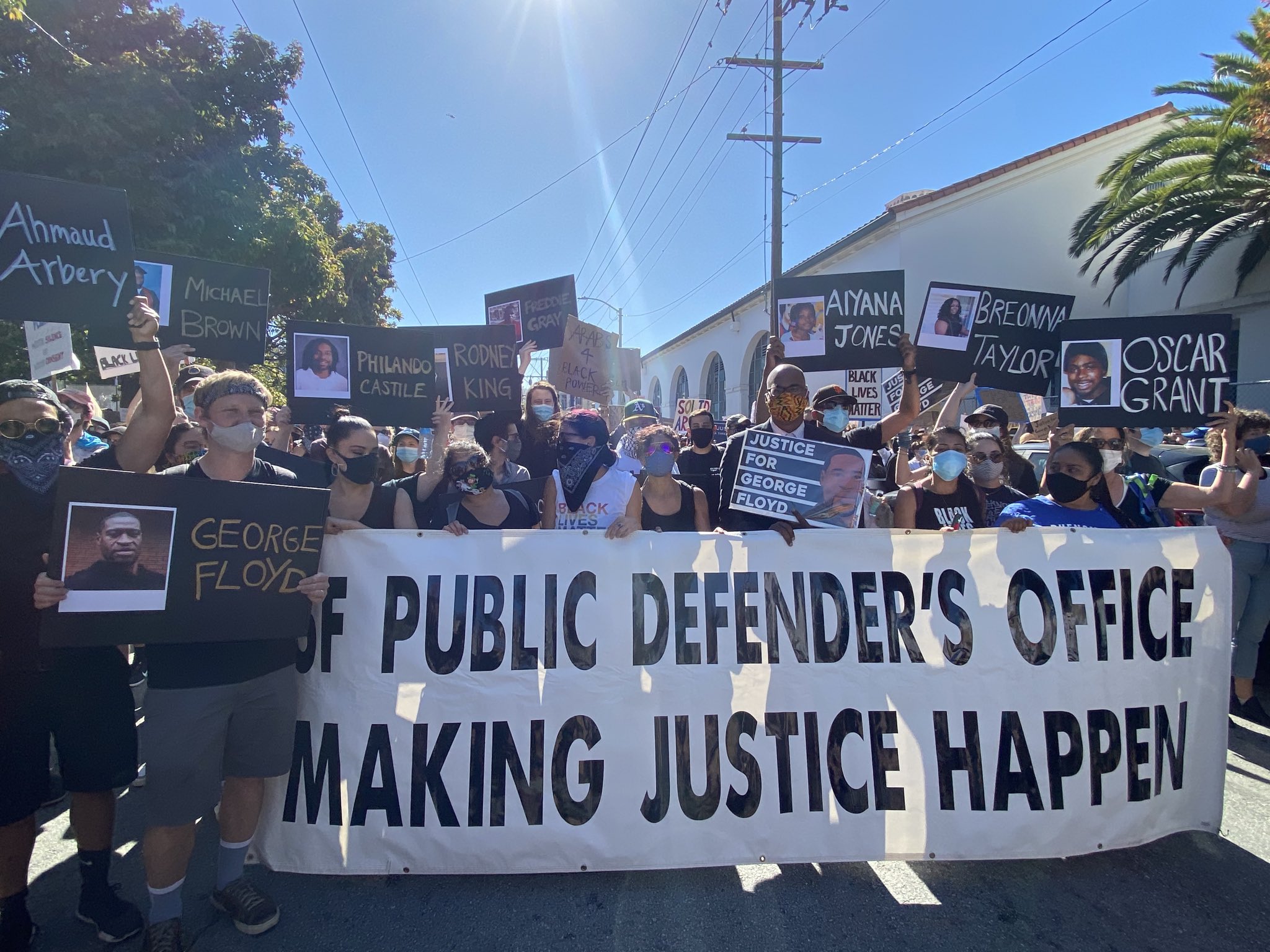

By Neha Malhi
NEW YORK, NY – Emily Galvin-Almanza, a co-founder of nonprofit Partners for Justice (PFJ) and an expert leader on the role of public defense in the criminal legal space, argues that “investing in an expanding public defense can beat some of the worst atrocities of our legal system, such as wrongful conviction.”
Almanza highlights the problem of wrongful convictions in our justice system by referring back to cases of Jeffery Clark and Garr Keith Hardin, dated in the mid-1990s. Both defendants were sentenced to a lifetime in jail for crimes that they didn’t commit.
After wrongfully serving 20 years behind the bars, our justice system still didn’t let them live in peace but, rather, two prosecutors decided to try both men once again for the crime, Galvin-Almanza notes.
Not only that, prosecutors decided to add a perjury charge to Clark due to the admission of guilt for seeking parole.
If not for the lawyers of the Innocence Project, these two would still be behind the bars until their end of life. Innocence Project’s lawyers helped win their release by providing evidence based on DNA and exposing a detective’s dishonest statement, said Galvin-Almanza.
The Innocence Project estimated that one percent of the approximately 20,000 US prison population are falsely convicted, and Galvin-Almanza maintains, “The egregious toll taken on tens of thousands of lives should shock every conscience and weight on every American soul.”
Clark and Hardin’s story is not the only story out there.
Joseph Gordon, in 1991, was also wrongfully convicted for murdering his 16-year-old son’s abusers. The New York Times piece “He Says He’s No Murderer. That’s Why He’s Still in Prison,” stated that Gordon is still in incarceration despite serving his minimum 25-year sentence due to his continued assertion of his innocence.
Almanza charges that all these stories of wrongful convictions show, “Too many prosecutors (who hold the critical position of power in our criminal legal system) are more interested in using their power to win conviction than in delivering the truth. The result? Wrongful convictions that disproportionately impact Black and Brown Americans.”
Ashley Nellis, Ph.D., a Senior Research Analyst of The Sentencing Project, noted, “Black Americans are incarcerated in state prisons across the country at nearly five times the rate of whites, and Latinx people are 1.3 times as likely to be incarcerated than non-Latinx whites.”
Nellis further argued, “True meaningful reforms to the criminal justice system cannot be accomplished without acknowledgment of its racist underpinnings.”
Almanza along with other renowned experts like The Innocence Project and the National Registry of Exonerations claim there is no single solution to fix wrongful convictions because they are often “usually based on unique combinations of circumstances- a mix of racism, inadequate counsel, bad science, perjurious testimony, prosecutorial misconduct, and police misconduct.”
However, increasing investment in public defense is one of the promising solutions, Almanza said. The Innocence Project experts analyzed that wrongful convictions often happen due to the public defender’s lack of experience and shortages of their services per demand.
Innocence Project experts note that not only there is a shortage of public defenders but recently lawmakers are cutting budgets for public defense in many states.
In 2008, Kentucky—a state where, on average, a public defender has 436 clients in a year—faced a cut of $2.5 million from the state’s public defender budget. Although there is an increase in investments over the years, it is still not adequate.
Public defenders, who serve over 85 percent of accused people, are often so overburdened that they cannot devote the time and attention needed to fully unravel the aforementioned combination of circumstances on a case-by-case basis, Almanza added.
Per Almanza’s research shows, when public defenders have access to robust investigative support, are better equipped to gather all the necessary pieces required to show their client’s innocence earlier in the case, rather than spending months upon months waiting for justice.
Partners For Justice (PFJ) works showed that a single arrest can lead to further damages in the life of defenders such as loss of housing, jobs, children, benefits, and education, noting a single arrest can completely disrupt the lives of defenders for years.
Public defenders are not only necessary to ensure that wrongful convictions never happen but are also necessary to ensure the well-being of incarcerated people in general, said Almanza.
She added, “Public defenders have the bandwidth to connect their client struggling with substance abuse to treatment programs. Or get their young client the documents, immunizations, and advocacy they need to get back in school after a brush with the law. Or ensure that a client is able to find meaningful employment after an arrest has destroyed their livelihood.
“One solution—investing in and expanding public defense—can defeat some of the worst atrocities of our legal system, such as wrongful convictions, and also increase the greater public well-being,” Almanza concluded.

